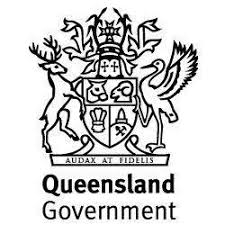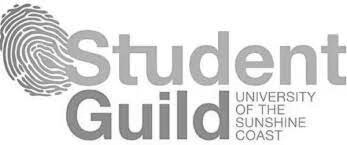Don’t Cheat the System: If you’re gonna pay people, do it right!
Over the past 24 years, we have seen this happen to plenty of clubs; they start out as a volunteer-run organisation, then it gets harder and harder to recruit and keep volunteers. All the while, they’re attracting more members. The few volunteers they have start getting burnt out, so, without a formal process in place, they start to pay some people to do the work for which volunteers can’t be found.
Before long, a range of ‘sweetheart deals’ are in place and there is no strategy applied to the payments made to workers for services rendered. This quickly becomes perceived by the committee as too difficult to fix and everyone buries their head in the sand!
If there are dodgy payments being made to individuals, there are real risks to clubs and their volunteer decision makers.
Make a strategic decision
When a club is considering paying people, or when the committee is reviewing a system they have inherited, it is vital that they make strategic decisions. One technique to help formalise the process is to clearly delineate between the roles that are purely voluntary positions and those that are ideally suited to outsourcing or paying employees to fill.
Perhaps those paid positions are the roles that are hard to fill with volunteers, such as cleaners or referees. Or, they might be positions that can be easily outsourced to allow committee members the time to think strategically, such as a bookkeeper or canteen manager.
Broadly speaking, people are becoming happier to pay a little extra and to be called on to help a little less. When deciding the best way to pay employees or volunteers, keep these three things in mind...
1. The Volunteer Levy
Most volunteer levy systems require every member to pay an additional amount on top of their annual membership fees. Then if a member volunteers a determined amount of time per year, they receive a refund or a discount on their membership fees the following year. On the surface, this might sound like a reasonable system, but it’s not an idea that we generally recommend. There are a number of issues to consider before implementing a volunteer levy:
The system can add a level of complexity and additional time to administer, for an often already busy organisation. Who is going to monitor the volunteer contributions that members make? How will you keep track of who has done what, without that monitoring process becoming a whole new job for somebody?
All funds collected as part of the levy system must be listed as a liability on the club’s balance sheet, due to the fact that some or all members may earn the money back. Most clubs fall into the trap of recording the levy as income.
Often, the levy fails to inspire new volunteers. Those who already choose to volunteer typically continue to do so, and those who don’t are more than willing to pay the levy in return for a guilt-free conscience! Therefore, additional money generated by the levy does not usually solve the underlying problem of too few volunteers. The extra cash can’t hand out chips from the canteen or run out on the field and blow the whistle. The small number of existing volunteers can find that they are still overworked.
2. The ‘Hobby Form’
Many clubs and associations have in place a system whereby they pay people using the ‘Hobby Form’, or as the ATO refers to it, the Statement by a Supplier form. The form allows a supplier (for example, a coach or an administrator) to tell the business (the club) that their supply of services is, “made in the course or furtherance of an activity done as a private recreational pursuit or hobby”. This negates the need for the supplier to quote an ABN and the business is not required to withhold tax from their payment.
This system is often used to pay umpires and referees. However, when a club has engaged one or more workers on a systematic basis, there are some fundamental tax and legal issues to consider.
Before a club agrees to pay someone via the Statement by a Supplier form, they should first conduct some research and determine if this would be suitable, given their specific situation. The ATO provides clear information and useful tools to help understand if your supplier is undertaking a business or hobby, or if they should be an employee or contractor.
If the club has any employees, the club will likely be required to, among other considerations:
Withhold tax
Pay superannuation
Pay leave, including long service leave
Hold WorkCover insurance
3. Honoraria
An honorarium is a payment made for professional services that are rendered nominally without charge. The ATO describes an honorarium as:
an honorary reward for voluntary services, or
a fee for professional services voluntarily performed
If a club is paying out honorariums, it is important to place structures around what’s covered and what’s not.
Notably, as of 20 June 2021, any incorporated association in Queensland that makes payments to management committee members or their relatives will be legally obligated to declare those payments at their AGM.
There must be a system in place that is transparent and accountable.
Listen to Michael and Steve discuss this more in their Basket Case Clubs podcast episode.




























